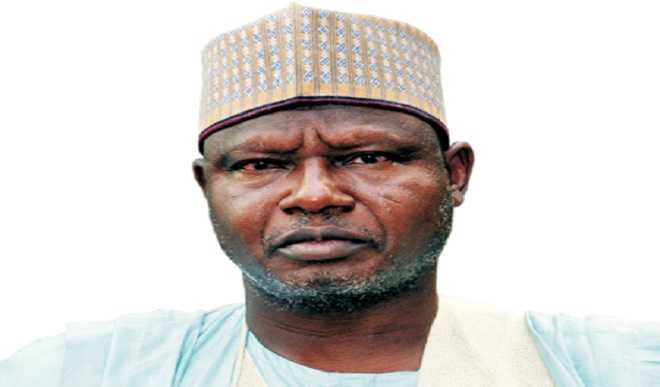
The Minister of State for Environment, Ibrahim Usman Jibril, has said that diseases such as cholera, typhoid and other diarrhoea related sicknesses may continue in Nigeria over faulty disposal of sewage and waste water.
Speaking yesterday in Abuja ahead of the 2017 World Toilet Day (WTD) celebrations tagged, ‘Waste Water Management’, Jibril regretted that most urban areas lacked sewage system.
The United Nations General Assembly had set aside 19th of November annually to commemorate the WTD and raise awareness on the need for every household to use safe toilets which are in or close to their homes.
He noted that safe collection of sewage and disposal have become a huge challenge as many bodies of water, including streams and rivers, are now a repository for sewage and waste water.
“We have noted with dismay the fact that public conveniences in many institutions such as government offices, markets, petrol stations, schools are a sad reminder of sanitation in our nation and we need to do more,” he said.
The minister also noted that the ministry, with support of the United Nations Development Programme (UNDP), had in 2005 developed an all-embracing national environment sanitation policy including guidelines and action plan on sewage and excreta disposal, school sanitation, market and abattoir sanitation, solid waste management, pest and vector control as well as sanitary inspection of offices.
While noting the approval of National Council of Environment on the establishment of sanitation desk officer in each of the 774 local governments and reintroduction of national monthly environmental sanitation day exercise with a modified approach devoid of limiting citizens’ freedom of movement, he urged Nigerians to create awareness on critical challenges to environmental sanitation.

 Join Daily Trust WhatsApp Community For Quick Access To News and Happenings Around You.
Join Daily Trust WhatsApp Community For Quick Access To News and Happenings Around You.


